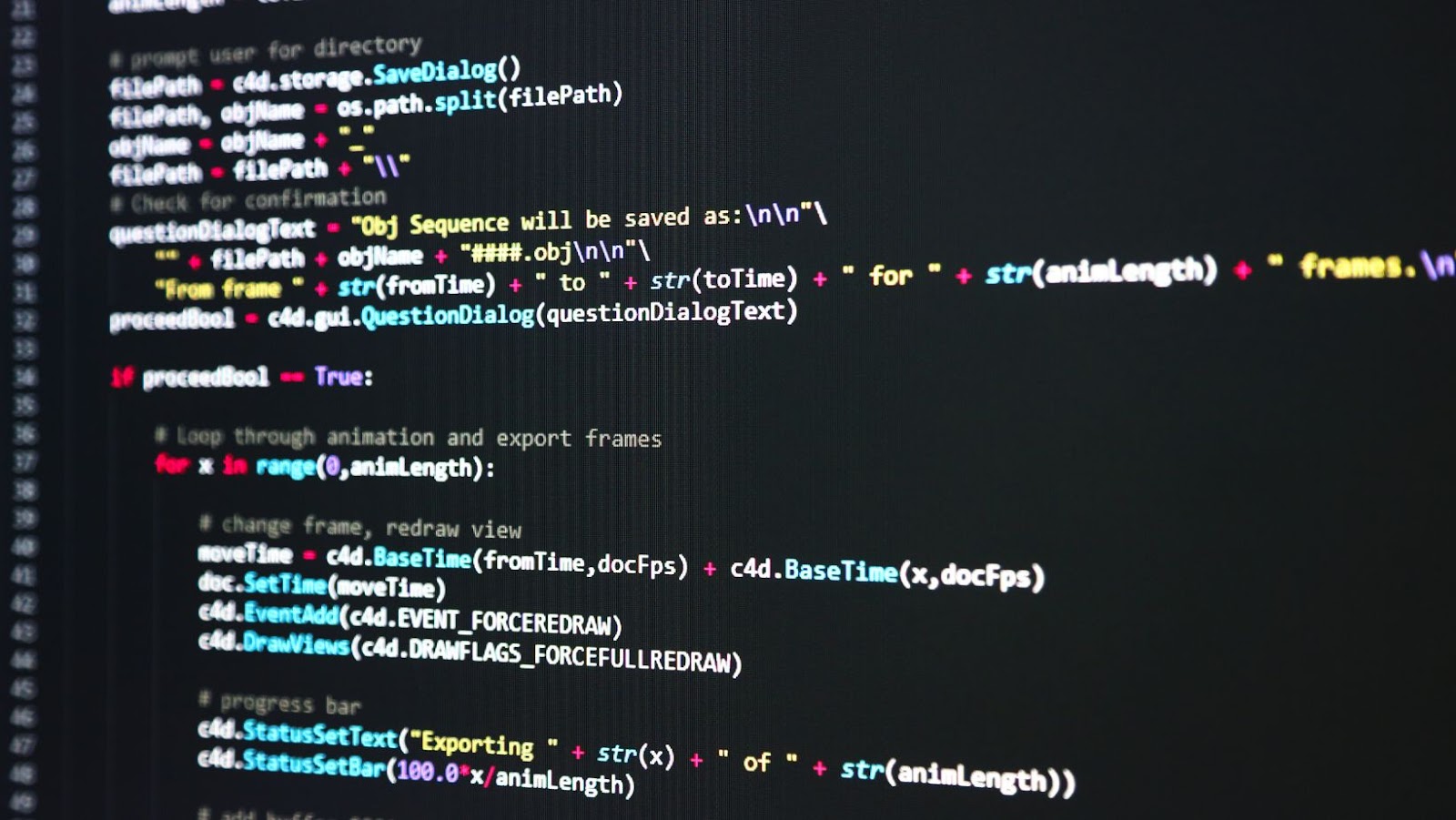According to the Stack Overflow Developer Survey 2022, Python was the fourth most popular programming language after first-place JavaScript, HTML/CSS, and SQL. But when it comes to particular use cases, such as data science and web scraping, Python stands out as the most popular language. This status is based on characteristics such as multiple libraries – including the Python requests library. In this article, we explore the reasons that merit Python’s status as the most popular web scraping language.
What is Web Scraping?
Web scraping mainly refers to the process of retrieving publicly available data from websites. It takes two main forms: the automated route, which is more common, and the manual route. When the data collection is conducted through the use of bots or software specifically designed to extract data, it falls in the former category. On the other hand, manual web scraping mainly relates to copying and pasting. In most cases, however, the term web scraping is used in reference to automated data collection, and that is where Python comes in.
What is Python?
Python is a general-purpose programming language released in 1991. A high-level language, Python works on multiple platforms, including Linux, macOS, and Windows. It also features a simple syntax, which makes it easy to use; in fact, coding in Python is often likened to writing English. This is one of the reasons that has made Python popular among budding developers learning to code.
Python is used for:
- Back-end or server-side web development
- Data analytics, analysis, and visualization
- Software development and programming applications
- Web scraping
- Machine learning and artificial intelligence
- Game development
Python Web Scraping
Python is a preferred web scraping language for many reasons. These include the fact that the language is:
- Simple and easy to use
As stated, Python has a simple syntax similar to the English language. This fact makes it easy to learn and use.
- Versatile

Python can be deployed to create a wide array of tools that serve different functions. When put together, in the context of web scraping, these individual tools, which are highlighted below, create powerful web scrapers.
- Scalable
Python can be used to create web scrapers that undertake either small-scale or large-scale web scraping.
- High-performant
- Python is the preferred language when developers are looking to create high-performance solutions. Considering that web scrapers, especially those used in large-scale applications, extract and organize data from thousands of web pages, they must be highly performant. It is, therefore, easy to see why Python is preferred in this use case.
- Supports automation
- Python scripts enable developers to automate certain processes in web scraping, such as sending requests, organizing the unstructured data by converting it into a structured format, and saving it.
- Web scraping libraries
- Web scraping libraries include prewritten code that supports the various steps required when creating web scrapers.
Python Web Scraping Libraries
There are a number of Python libraries specifically designed to facilitate web scraping. These include:
- Requests
- The Python requests library makes HTTP requests such as GET and POST. It is, therefore, integral to the initial steps of web scraping, given that the process begins with sending HTTP responses to a web server. The Python requests library, however, cannot receive or parse the HTML responses sent by the server. For this, you need to use other Python libraries, namely Beautiful Soup and lxml. Here’s a great blog article to detail the process further.
- Beautiful Soup
Beautiful Soup is a parsing library that extracts data from HTML files sent by the server. Specifically, this library parses HTML and XML documents to retrieve important data therein. But given that it is a parsing library, Beautiful Soup is used in combination with the Python requests library.
- lxml
lxml is a parsing library that enables you to retrieve and organize the data contained in the HTML responses sent by the server in a process known as parsing. The lxml relies on the work carried out by the Python requests library. This means these two libraries are often used in tandem when web scraping.
- Selenium

Originally developed to automate the testing of web applications, Selenium offers broader functionalities than the Python libraries above. While the aforementioned libraries cannot render JavaScript, Selenium can. This makes it ideal for scraping data from dynamic websites that require users to fill out forms, click on links and pages, scroll the page, and more. And since Selenium can automatically perform all these functions, it is perfect for scraping dynamic websites
- Scrapy
Scrapy is a web scraping framework – it is not regarded as a library. It can send HTTP requests, crawl websites, and extract data from both static and dynamic websites.
Conclusion
Indeed, Python is a versatile and powerful language whose usage in web scraping cannot be called into question. This easy-to-use and scalable language has multiple web scraping libraries that facilitate the creation of web scrapers.











































































































